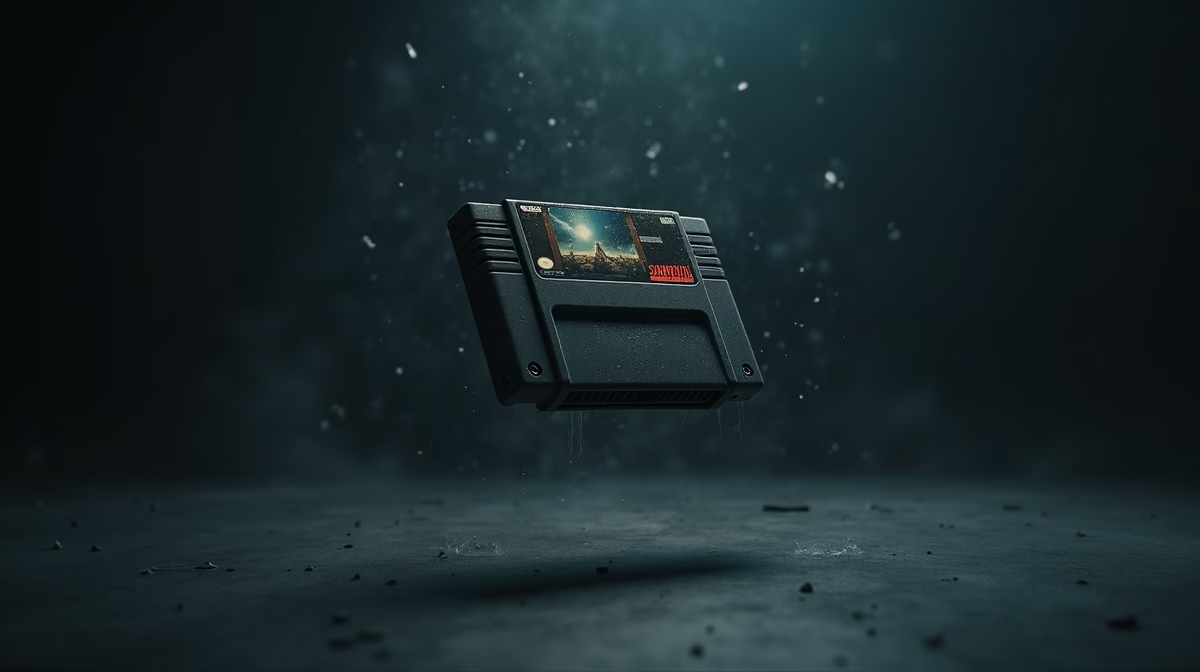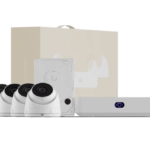In a move that feels like a targeted raid on a video game vault, Atari announced it has acquired the intellectual property rights for five dormant Ubisoft titles. The deal sees the iconic gaming company take ownership of a curious and beloved collection of games from the Xbox 360 and PS3 era, with plans to bring them to modern platforms and potentially expand them in the future.
Key Takeaways
- Atari has officially acquired the IP rights for five Ubisoft games: Cold Fear (2005), Child of Eden (2011), I Am Alive (2012), Grow Home (2015), and Grow Up (2016).
- The company plans to re-release these titles under its publishing label, making them available on new platforms and freeing them from their original console hardware.
- More than just simple ports, Atari is exploring ways to “expand and evolve these franchises,” hinting at the possibility of new content or even sequels.
- This deal highlights a dual-pronged industry trend: Ubisoft is slimming down its portfolio to focus on massive blockbusters, while Atari is expertly carving out a niche as the dedicated restorer of gaming’s forgotten classics.
Atari’s Shopping Spree Continues
In a strategic agreement announced this week, Atari has plucked a handful of unique titles from Ubisoft’s extensive back-catalog. As reported by sources like Insider Gaming and BusinessWire, the deal reflects Atari’s ongoing mission to become a powerhouse of retro and classic gaming.
“We’re excited to reintroduce these titles while also exploring ways to expand and evolve these franchises,” said Wade Rosen, CEO of Atari, emphasizing that both companies have a “legacy of crafting worlds that players can fall in love with.”
For its part, Ubisoft sees the deal as a way to keep these games alive. “This will open the door for long time players to revisit those memories while inviting new audiences to discover them for the first time,” said Deborah Papiernik, Ubisoft’s VP of New Business.
So, What Exactly Did Atari Just Buy?
This isn’t just a random assortment of games; it’s a curated collection of cult classics and quirky gems that have been largely trapped on older hardware.
Leading the charge is Child of Eden, which Gamespot rightly calls “the real draw here.” Helmed by legendary designer Tetsuya Mizuguchi (of Rez and Tetris Effect fame), this 2011 rail-shooter is a synesthetic masterpiece of light and sound. Then there’s I Am Alive, a gritty 2012 post-apocalyptic survival game that was praised for its tense, morally complex atmosphere but remains a “criminally underrated game” in many circles.
The bundle also includes Cold Fear, a 2005 survival horror title that played like “The Thing meets Resident Evil” on a zombie-infested Russian whaler, and the delightful indie-style platformers Grow Home and Grow Up, where players guide a charming robot named B.U.D. on a planet-saving mission.
Why It Matters
On the surface, this is a simple IP transfer. But look closer, and it’s a perfect snapshot of the video game industry’s current tectonic shifts.
For Ubisoft, this is strategic spring cleaning. As publications like IGN have noted, the publisher has been streamlining its operations to focus immense resources on its billion-dollar tentpoles like Assassin’s Creed and Far Cry. Selling off smaller, dormant IPs that don’t fit that massive live-service model is a pragmatic, if unromantic, way to raise capital and reduce portfolio clutter. It’s the corporate equivalent of selling your old vinyl collection to focus on your Spotify playlists.
For Atari, this is a masterstroke. The company is on a well-documented “strategic tear,” acquiring specialist remaster studios like Nightdive and Digital Eclipse. It’s not just licensing its famous name anymore; it’s becoming a dedicated curator and restorer of gaming history. Atari is acting less like a giant publisher and more like a boutique restoration garage, finding dusty barn-find classics and giving them the modern tune-up they deserve.
This strategy stands in stark contrast to how other giants are managing risk. After the high-profile failure of its live-service shooter Concord, PlayStation CEO Hermen Hulst told the Financial Times his goal is to “fail early and cheaply” while creating the next big franchise under stricter supervision. While Sony is trying to build new billion-dollar franchises from scratch, Atari is smartly building its empire by rescuing the ones other publishers left behind.
Ultimately, the biggest winner might just be the player. These fascinating, experimental games are being saved from digital oblivion. For anyone who’s ever wanted to experience the panicked climbs in I Am Alive or the sensory bliss of Child of Eden without digging a PS3 out of the closet, this is unequivocally great news.
Conclusion
This deal is a win-win-win. Ubisoft gets cash and focus. Atari gets to bolster its growing library of revived classics, further cementing its new identity. And gamers get a second chance to play some of the most interesting titles of their generation. The real excitement, as Video Games Chronicle points out, lies in what “evolve” means. Will we see faithful remasters, full-blown remakes, or could this be the first step toward a long-awaited I Am Alive 2? All eyes are now on Atari to see how it polishes these rescued gems.
Sources
- Insider Gaming: Atari Secures Rights to Five Ubisoft IPs, Including an Underrated Post-Apocalyptic Gem
- BusinessWire: Atari Announces Strategic IP Agreement With Ubisoft To Revive Five Acclaimed Titles
- Video Games Chronicle: Atari has acquired five Ubisoft games, including Child of Eden and Grow Home, and will re-release and ‘evolve’ them
- GameSpot: Atari Is Re-Releasing Some Of Ubisoft’s Best And Forgotten Games
- IGN: Atari Snaps Up 5 Dormant Ubisoft Franchises, Says It Will Re-Release Them on New Platforms
- IGN Africa: PlayStation Boss Says Company Now Does ‘Much More Rigorous and More Frequent Testing’ After Concord’s Failure







